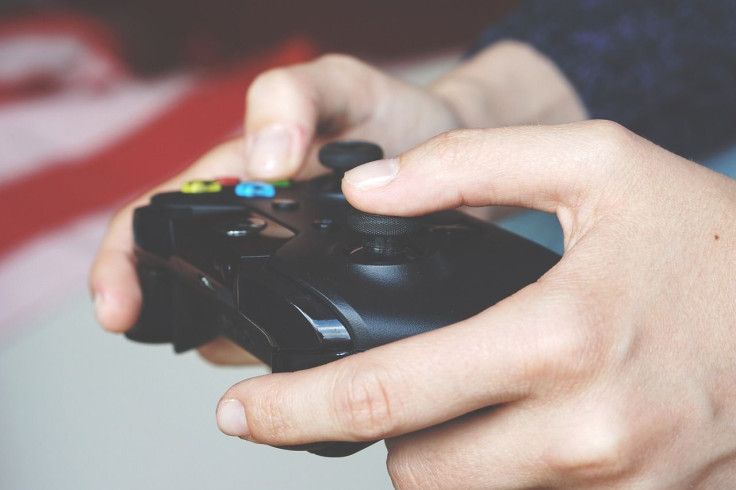Video Games Do Not Affect Kids’ Cognitive Abilities: Study
For years, playing video games was given a bad rap with all the scientific reports, articles and research listing its negative effects on kids. But a new study sets the record straight on whether or not the activity really affects young children’s cognitive abilities.
In a study published in the Journal of Media Psychology, researchers addressed the controversy over playing video games and challenged what’s been presented in the media for years about how video games could be bad for cognitive development among kids.
The team examined the video gaming habits of 160 diverse urban public-school preteen students to check the cognitive abilities of the age group less studied in previous research. The participants (70% from low-income households) reported playing video games for an average of 2.5 hours per day. The heaviest gamers in the sample played 4.5 hours per day.
The researchers subjected the preteen students to the standardized Cognitive Ability Test 7, also called CogAT, to evaluate their verbal, quantitative, and nonverbal or spatial skills. They then checked if their performance on the test was affected by their video game-playing habits.
“Our studies turned up no such links, regardless of how long the children played and what types of games they chose,” Jie Zhang, an associate professor of curriculum and instruction at the University of Houston College of Education who was part of the research team, said in a press release.
“Overall, neither duration of play nor choice of video game genres had significant correlations with the CogAT measures. That result shows no direct linkage between video game playing and cognitive performance, despite what had been assumed,” added lead researcher May Jadalla, a professor in the School of Teaching and Learning at Illinois State University.
Though the findings could help children justify their video gaming habits to their parents, the study also showed a downside of the recreational activity. Contrary to what some developers claim in their marketing materials, certain types of games advertised to enhance cognitive skills did not show measurable effects in children in the study.
“The current study found results that are consistent with previous research showing that types of gameplay that seem to augment cognitive functions in young adults don’t have the same impact in much younger children,” C. Shawn Green, a professor in the Department of Psychology at the University of Wisconsin-Madison, explained.
The team also warned that even though they found no negative impact on the kids’ cognitive abilities, their video gaming habits made them miss more productive activities, such as homework.

Published by Medicaldaily.com



























